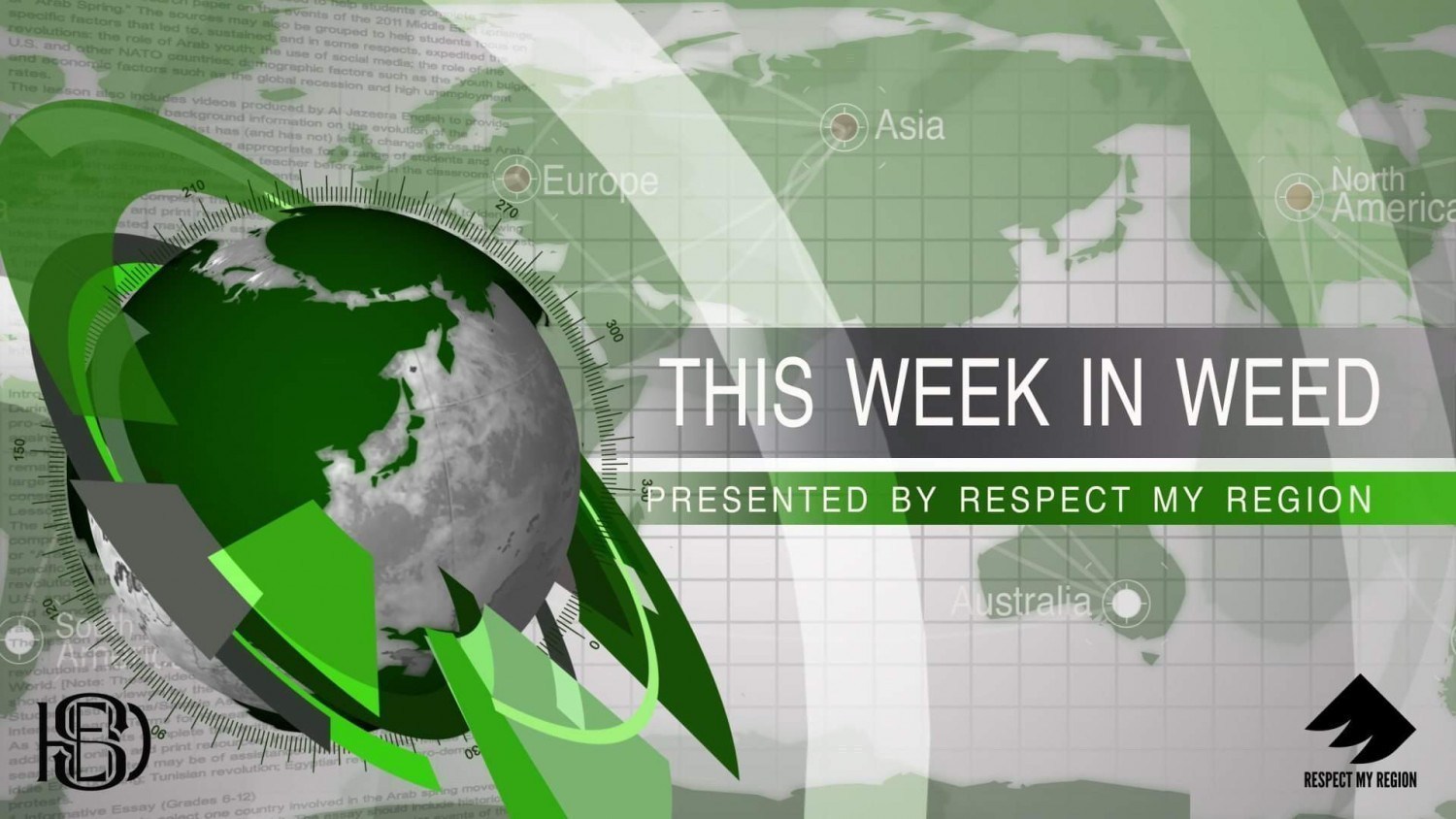This week, we cover updates on the FDA’s cannabidiol policies, a 50-state call to action regarding the US cannabis industry’s banking woes, a DEA acknowledgment surrounding cannabis legalization, and a slew of new cannabis bills aimed at assisting veterans. As always, we will also provide updates on legalization developments at the state level.
Congressional Committee Passes Multiple Cannabis Bills For Veterans

On Thursday, a congressional committee approved two new bills centered around cannabis and US veterans. The bills were given votes of approval by the House Veterans’ Affairs Committee.
The first bill would grant doctors working with Veterans’ Affairs to recommend medical cannabis as a potential treatment option. The second focuses on increasing research into cannabis’ potential role in alleviating chronic pain and post-traumatic stress disorder (PTSD).
The first bill would allow doctors to prescribe cannabis only in states where it is currently legal. Thursday was “a monumental day for our veterans,” according to Oregon’s representative Earl Blumenauer. “We will not be finished until this becomes the law of the land. We must reform our federal cannabis policy.”
FDA Chief Stephen Hahn Answers CBD-Related Questions During Congressional Hearing

During a congressional hearing on Wednesday, FDA Chief Stephen Hahn explained the FDA’s current trajectory regarding CBD regulation. During the hearing, Hahn referenced instances in which the FDA has taken enforcement action against companies making unsubstantiated CBD claims.
According to Hahn, the FDA requires further research before establishing CBD regulations. For now, Hahn says, the FDA will continue to issue warning to companies making unproven claims regarding CBD. Going forward, Hahn say the FDA will make a concerted effort to be more forthright about their approach to CBD.
“The critical need here, besides getting the enforcement policy forward and providing regulatory clarity, is conducting the research and gathering the data,” Hahn said.
50 State Banking Associations Urge Senate To Vote On Cannabis Banking Legislation

On Friday, the Senate Banking Committee received a letter from banking associations serving 49 states and Puerto Rico. The letter urged the SBC to pass legislation protecting banks that work with legal cannabis companies.
In the midst of a growing number of states legalizing cannabis, banks are reluctant to service cannabis companies. Due to federal regulations, accepting funds earned from cannabis sales could result in money laundering charges.
The letter states that “economic activity in legal cannabis states may be marginalized from the banking system. According to the authors, federal law reform will effectively alleviate ongoing discrepancies in federal and state banking laws.
DEA Acknowledges Reduction In Illegal Market Cannabis Demand Resulting From State-Level Legalization
In a performance budget submission to Congress, the DEA reported a crucial benefit of increasing state-level cannabis legalization. In the report, the DEA states that legal options for cannabis purchases reduce the demand for illegal cannabis products.
Beyond this acknowledgement, the chosen wording of the proposal seems to suggest that the DEA recognizes legalization’s inevitability. When referring to potentially forthcoming state legalization legislation, the report uses the word “until.”
Justin Strekal, political director of NORML, believes the report suggests that “we are living through the death rattles of prohibition.”
Continued Coverage Of State-Level Cannabis Decriminalization and Legalization Developments
In past months, the spread of cannabis decriminalization and legalization progress throughout the United States has been at a fever pitch. This week, several states took new steps towards cannabis legalization.
Maryland

In Maryland, the House of Delegates passed a bill that would reform the state’s current cannabis policy. The bill would increase the decriminalized possession of cannabis from 10 grams to one ounce.
Currently, cannabis possession exceeding 10 grams could result in a misdemeanor. In addition, those charged with misdemeanor possession could face a $1,000 fine and one year in jail. The bill further states that possession up to an ounce could no longer be considered evidence of intent to distribute.
Virginia

Last weekend, Virginia gave final approval to a bill that would decriminalize cannabis possession. After passing both Virginia’s House of Delegates and Senate, the bill will now make its way to the governor’s desk. Ralph Northam, the governor of Virginia, is an outspoken advocate of decriminalization and will likely pass the bill into law.
Mississippi
Mississippi lawmakers have taken the final steps in what many view as a plan to disrupt an existing legalization bill. The bill gained access to November’s ballot after advocates gathered a sufficient number of signatures. It would allow patients with certain ailments to acquire medical cannabis.
In response to this, Mississippi lawmakers have introduced a competing medical cannabis bill. Their bill is far more restrictive, as well as being far less elaborate. The lawmaker’s bill gives cannabis access to fewer patients and prevents many of them from smoking cannabis as a treatment.
Alabama

Senators in Alabama voted on Wednesday to pass a bill legalizing medical cannabis in the Yellowhammer State. The bill passed 22-11, and will now head to Alabama’s House, where its fate remains fairly uncertain.
Meanwhile, Alabama’s attorney general has made it clear that lawmakers should oppose all legalization efforts. Apart from passing the bill, the senate also enacted new provisions to the bill. Chief among them is a daily THC limit of 75 miligrams. Prior to their decision, the bill specified no such limits to daily THC intake.
Tennessee

In Tennessee, lawmakers in the Senate voted to approve a medical cannabis legalization bill. In its original form, the bill required only that Tennessee’s Health Department investigate a potential medical cannabis program. However, that language was replaced with a plan to enact the program without such educational efforts.
As of now, cannabis possession in Tennessee remains fully illegal. Even if the current bill became law, the provisions for possession and consumption are extremely prohibitive. Under the bill’s guidelines, the sale of cannabis flower and edibles would be illegal. The bill also stipulates that the enactment of a medical cannabis program would be dependent on the federal rescheduling of cannabis.







